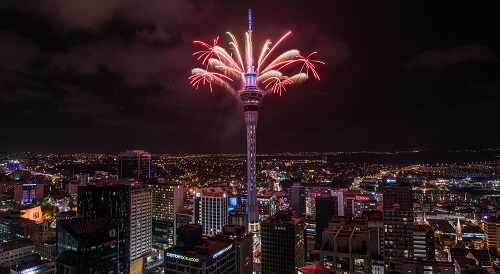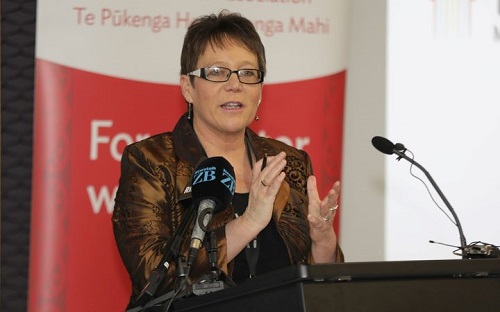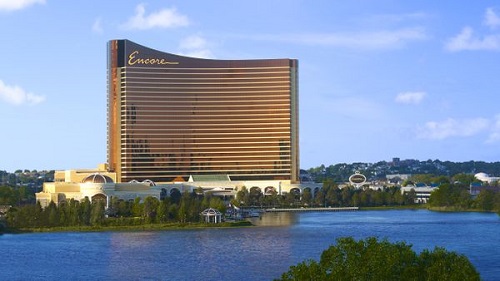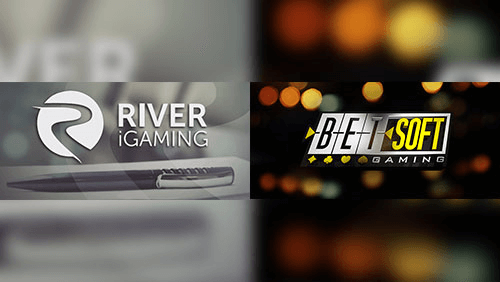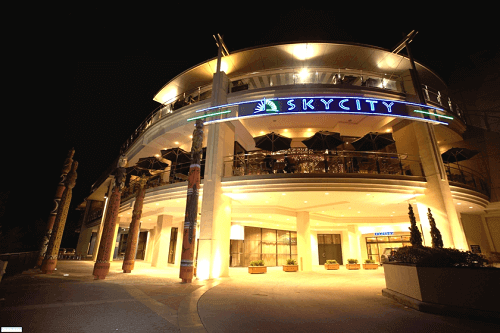NZCT Installs Facial Recognition Software for Self-Excluded Players
Recently updated on March 11th, 2019
The New Zealand Community Trust (NZCT) will install face recognition software at their Gisborne venues. As a pre-emptive measure, this will help self-excluded players to stay away from gambling. Mike Knell, the CEO of NZCT, has revealed that the implementation is part of a legal obligation to help problem gamblers.
More so, Knell claims that the technology is vital to self-indication and exclusion for players being treated in Gisborne. Using the technology will help prevent gambling-related harm, a growing concern in New Zealand. While there are very few self-excluded gambling addicts, Knell claims the widespread implementation will help far more problem gamblers.
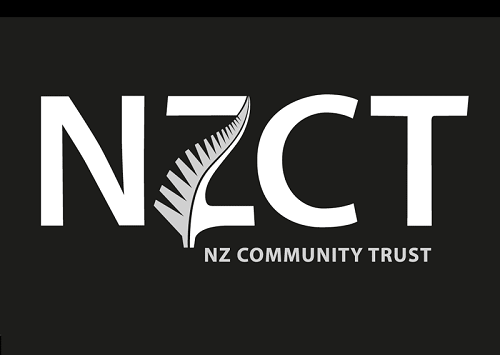
NZCT Protecting Addicts
Facial recognition technology became fully operational last year, allowing casinos across New Zealand to install it. And the NZCT will be joining these venues in protecting players. Statements from Knell confirm implementation at nine venues so far. What’s more, the Trust is planning to install the tech at every gambling venue they own.
Of course, the technology won’t just be used for recognising problem gamblers. In fact, facial recognition was created to identify card counters and other players cheating casinos. Using this at casinos in New Zealand could help prevent gambling crimes. Then again, the widespread impact of being monitored could lose casinos valuable profits. After all, no one likes to be watched constantly wherever they go.
New System Developed for New Zealand
According to reports, the new technology has been specifically developed for the NZ gambling industry. So, Torutek and COMs Systems partnered to create the system for all gaming venues. Added to this, the bespoke software is now being advertised across the islands as part of a government campaign. Added support from anti-gambling campaigns has pushed the move to implement the software.
So what does this software do? Well, it watches players through CCTV entering gaming rooms and checks their faces against a voluntary photo database. Any matches will be dealt with quietly and gracefully to help players leave. The casino has the responsibility to check the person’s ID after being alerted.
The success of facial recognition has been proven at 15 gaming venues in New Zealand. By May 2018, 15 venues were using the tech to help self-excluded players. Now, other venues will probably follow suit before they’re legally required to, like the ones operated by the NZCT.
Keep visiting New Zealand Casinos for updates on stories like this.
About the Author

Taralynn Engels is a seasoned casino news writer with a passion for keeping her readers up-to-date with the latest happenings in the gambling industry. With over five years of professional writing experience, Taralynn has developed a deep understanding of the casino industry and a knack for delivering engaging and informative content.
Aside from her in-depth knowledge of the casino industry, Taralynn possesses excellent writing skills that allow her to craft captivating narratives that keep readers hooked until the last word. Her ability to simplify complex concepts and present them in an accessible manner guarantees that her articles are enjoyed by both seasoned casino enthusiasts and newcomers alike.
More Posts from Taralynn.
Related Posts
Published by Taralynn
August 7, 2018
Categorie(s): Big Wins, Bonus Codes, High Payouts, Latest News, New Zealand, North Island, Promotions, South Island

Recently updated on August 7th, 2018Most Kiwi players would expect to at least double their money with a Royal Flush side bet at a poker table. One lucky SkyCity player, however, turned NZ$35 into NZ$1.1 million with a progressive jackpot hand. The woman, who has chosen to remain anonymous, won on a single hand of […]
Published by Mark
March 13, 2019
Categorie(s): Latest News, New Zealand, North Island, South Island

Recently updated on March 13th, 2019Following the announcement by SkyCity to forge ahead with the launch of an online casino, lawmakers have rushed to reflect on the legalities of internet gambling in New Zealand. Internal Affairs Minister, Tracey Martin spoke to Newstalk ZB’s radio jock Heather du Plessis-Allan about her reaction to the move. She […]
Published by Taralynn
July 17, 2019
Categorie(s): Latest News, New Zealand, North Island, South Island

Recently updated on July 17th, 2019Just a few weeks after their grand opening, Encore Boston Harbor is already facing cheating charges. Several governing investigations, a torrent of criticism over why the businesses management had not addressed its employees’ allegations appropriately, and two heavy charges later. A $20 million fine by the Nevada Gaming Control Board […]
Published by Mark
February 20, 2019
Categorie(s): Latest News, New Zealand, North Island, South Island

Recently updated on February 20th, 2019Betsoft has brokered a deal with River iGaming a company that services digital gaming companies. The deal came about in the need for expansion on both sides. Betsoft is excited to add its expertise to River iGaming’s growing ventures in the iGaming market. River iGaming is showing impressive growth for […]
Published by Mark
February 8, 2019
Categorie(s): Big Wins, Latest News, New Zealand, North Island, South Island

Recently updated on February 8th, 2019Earlier this year, SkyCity Hamilton submitted an application to remove three blackjack tables from their casino floors to make space for 60 additional pokie machines. The additional machines would increase the total number of pokies available at the casino to 399. The application did result in opposition from the community. […]

